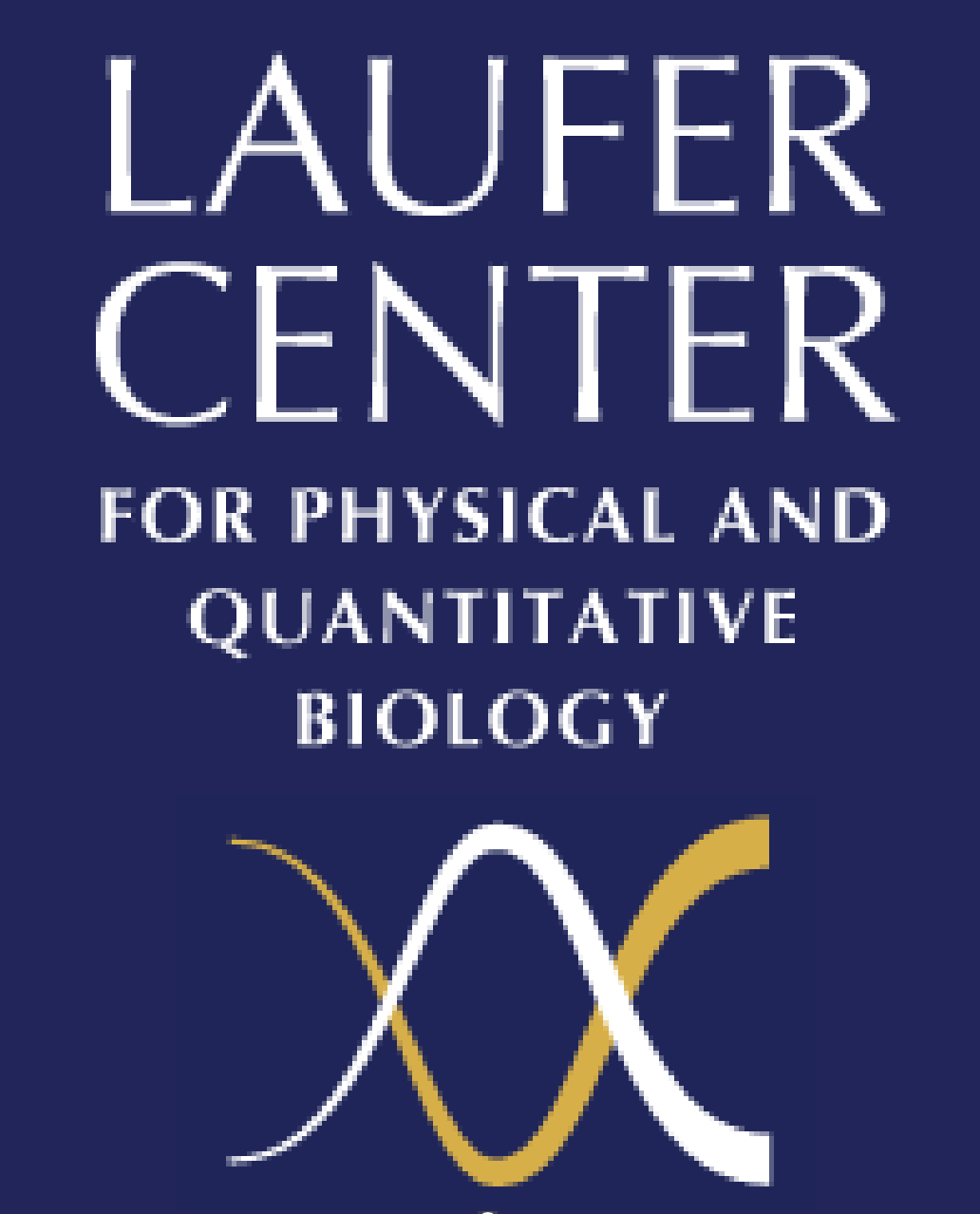Events Calendar
Karmella Haynes
Assistant Professor of Biomedical Engineering
Wallace H. Coulter Department of Biomedical Engineering
Emory University School of Medicine
Atlanta, GA
Joint BME & IEDM - Laufer Center Seminar
"Epigenetic Actuation: Engineered Chromatin Reader-Effectors for Gene Regulation in Cancer"
Highly aggressive cancers such as triple negative, basal-like breast cancer lack druggable targets and uses drug efflux to resist chemotherapy. A key vulnerability could be epigenetic silencing of anti-tumor genes via aberrant chromatin (genomic DNA, and nuclear RNA and proteins). Tumor suppressor expression can be restored by introducing highly expressed copies of genes into cells, but efficient delivery is a barrier for gene therapy. Small compounds have been successfully used to disrupt chromatin-modifying proteins in cancer cells, but efficacy is limited for breast and other epithelial cancers. It is difficult to customize the biological activity of small compound inhibitors, and they do not directly mediate RNA PolII activity at silenced tumor suppressor genes. To address these limitations, our lab has developed an approach called “epigenome actuation” where synthetic reader-actuator (SRA) fusion proteins are designed to bind specific epigenetic marks within chromatin. The first SRA we have designed and tested in cancer cells, “Polycomb-based transcription factor” (PcTF), reads histone modifications through a protein-protein interaction between its N-terminal Polycomb chromodomain (PCD) motif and trimethylated lysine 27 of histone H3 (H3K27me3). The C-terminal VP64 domain of PcTF recruits endogenous activators to silenced targets. We showed in previous work that dozens of genes become consistently activated from 24 - 72 hours after PcTF-overexpression in one triple negative breast cancer cell line (BT-549). This talk will highlight our most recent efforts to co-activate a set of tumor suppressor genes that regulate proliferation, immune response, and epithelial cell fate in triple negative breast cancer. We observed that PcTF activates key tumor suppressor genes and leads to reduced proliferation and viability in BT-549 cells in vitro. The anti-proliferative effect can be observed in as little as 24 to 48 hours, compared to 3 - 6 day treatments required for epigenetic inhibitor drugs.
https://stonybrook.zoom.us/j/99217119047?pwd=TEROY092Z084d2FSQ09jK3VtVk9Ndz09
Meeting ID: 992 1711 9047
Passcode: 636648






